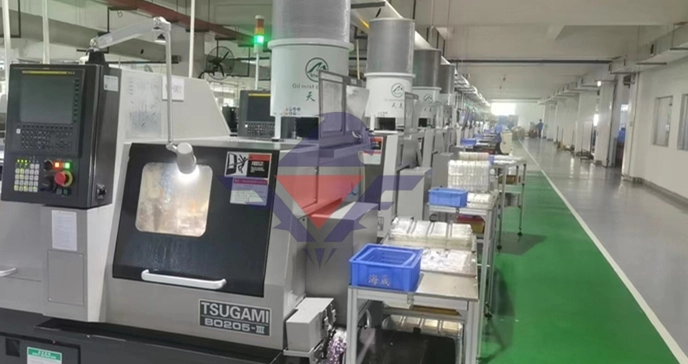
# Endotoxin Assay Kits for Accurate Bacterial Toxin Detection
## Introduction to Endotoxin Assay Kits
Endotoxin assay kits are essential tools in the field of microbiology and pharmaceutical testing. These kits are designed to detect and quantify bacterial endotoxins, which are toxic components of the outer membrane of Gram-negative bacteria. Accurate detection of endotoxins is crucial for ensuring the safety of pharmaceutical products, medical devices, and other applications where bacterial contamination must be minimized.
## Why Endotoxin Detection is Important
Endotoxins can cause severe immune responses in humans, including fever, septic shock, and even death in extreme cases. Therefore, it is vital to detect and measure endotoxin levels in various products, especially those intended for medical use. Endotoxin assay kits provide a reliable and sensitive method for this purpose, helping to ensure compliance with regulatory standards such as those set by the FDA and USP.
## Types of Endotoxin Assay Kits
There are several types of endotoxin assay kits available, each with its own advantages and applications:
– Limulus Amebocyte Lysate (LAL) Assay Kits: The most commonly used method, based on the clotting reaction of horseshoe crab blood.
– Recombinant Factor C (rFC) Assay Kits: An animal-free alternative that uses recombinant technology.
– Chromogenic Assay Kits: Provide colorimetric results for easy quantification.
– Turbidimetric Assay Kits: Measure turbidity changes caused by endotoxin-induced clotting.
## Applications of Endotoxin Assay Kits
Endotoxin assay kits are used in a wide range of industries and applications:
– Pharmaceutical manufacturing and quality control
– Medical device testing
– Water quality monitoring
– Research and development in microbiology
– Food and beverage safety testing
## Choosing the Right Endotoxin Assay Kit
When selecting an endotoxin assay kit, consider the following factors:
– Sensitivity requirements
– Sample type and matrix
– Regulatory compliance needs
– Throughput and automation capabilities
Keyword: Endotoxin Assay Kits
– Cost and availability
## Best Practices for Endotoxin Testing
To ensure accurate and reliable results, follow these best practices:
– Maintain proper aseptic techniques
– Use appropriate controls and standards
– Validate the assay for your specific application
– Follow manufacturer instructions precisely
– Regularly calibrate and maintain equipment
## The Future of Endotoxin Detection
Advancements in technology continue to improve endotoxin detection methods. Emerging trends include:
– Development of more sensitive and specific assays
– Increased use of automation and high-throughput systems
– Greater adoption of animal-free alternatives like rFC assays
– Integration with digital platforms for data analysis and reporting
Endotoxin assay kits play a critical role in ensuring product safety across multiple industries. By selecting the appropriate kit and following best practices, laboratories can achieve accurate and reliable detection of bacterial endotoxins, protecting both product quality and public health.